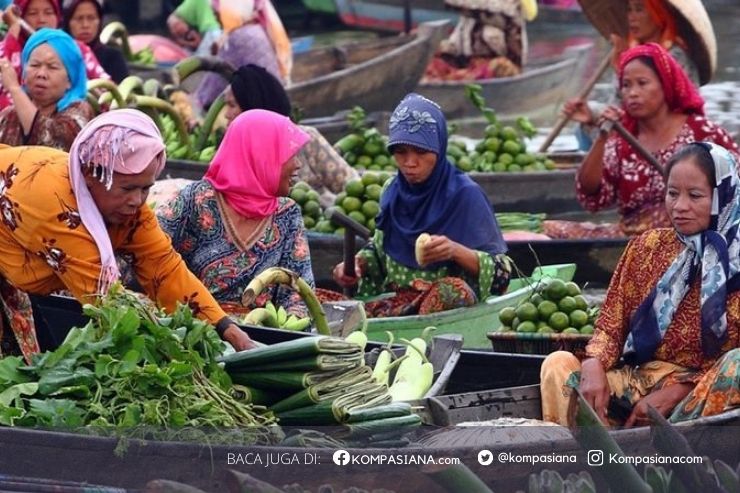Finally, mitigating the negative impacts of informal practices, such as favoritism and nepotism, requires greater transparency and accountability in governance. Mechanisms like public oversight and accessible channels for reporting misconduct can help ensure fairness and inclusivity. By integrating informal institutions thoughtfully into broader policy frameworks, governments can harness their potential to drive resilience, adaptability, and equitable growth in a rapidly evolving global landscape.
In conclusion, back to the title, trust operates as an invaluable currency within societies, shaping interactions, driving innovation, and underpinning both informal and formal institutions. It serves as the foundation of social capital, enabling communities to collaborate, adapt, and build resilient systems even in the absence of strict formal frameworks. Trust facilitates the flow of ideas, resources, and opportunities, fostering environments where productivity and development can thrive. However, like currency, trust must be carefully managed. When confined to small networks, it can lead to exclusion, corruption, and inefficiencies that hinder broader societal progress. The balance lies in leveraging trust to strengthen connections and systems while ensuring that it remains inclusive and equitable.
As nations and organizations navigate complex economic transitions and challenges, fostering trust—both within communities and between individuals and institutions—will be essential. By treating trust as a vital resource and integrating it into policy and governance, societies can unlock its full potential as a driver of sustainable and inclusive growth.
Follow Instagram @kompasianacom juga Tiktok @kompasiana biar nggak ketinggalan event seru komunitas dan tips dapat cuan dari Kompasiana. Baca juga cerita inspiratif langsung dari smartphone kamu dengan bergabung di WhatsApp Channel Kompasiana di SINI







